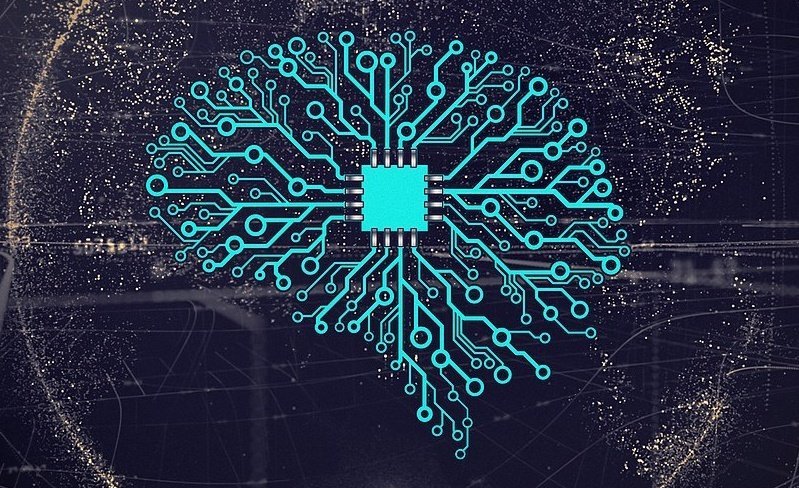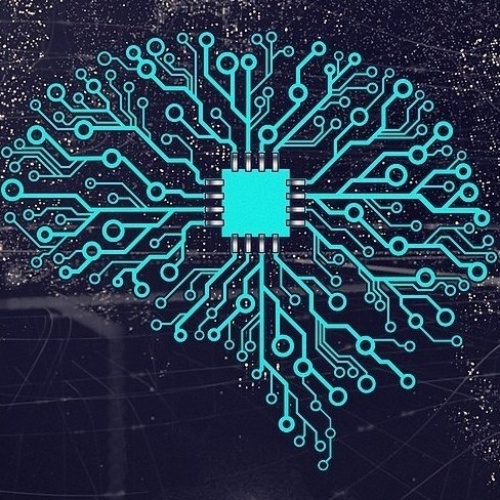
Artificial intelligence remains the leader among modern technologies taking the world forward. Especially in the business world, Ai has taken giant strides, revolutionizing the business landscape by providing high-quality analytics and predictions.
Now, it’s common for businesses to use machine learning to understand their data and derive valuable insights from it. So, while services like IaaS and PaaS continue to grow, Machine Learning as a Service (MLaaS) is quietly emerging as an affordable and scalable cloud solution.
Now businesses can harness the power of AI and machine learning to make more calculated decisions based on their business data.
What is MLaaS?
Machine Learning as a Service is a package of multiple services that offer machine learning tools to the customers. In addition, these services are offered as part of cloud services, so the customers can enjoy additional benefits other than storage and computational services.
When you opt for MLaaS service, you can say goodbye to on-premise machine learning services that generally require more investments and bring security and infrastructural concerns with them.
MLaaS removes the need for on-premise ML model development, model training and data pre-processing. So, you can directly deploy the ML services and take advantage of tools like:
- Predictive Analytics
- Deep learning tools
- Natural language Processing
- APIs
- Data Visualization
The computational load for these services is handled by the service provider, and customers can enjoy the results at a highly optimal cost.
How MLaaS Works
Since MLaaS provides ready-to-use services, these tools are quite generic in nature. So, companies opt for these tools, and thanks to adaptable designs, these services can work effectively for different organizations according to their work needs.
Generally, MLaaS have a wide range of services that include:
- Facial recognition tools
- App programming interfaces
- Data visualization
Recognizing Data Patterns and Reasoning
These tools primarily work on finding patterns hidden inside the data. Then, they build mathematical models based on the data to predict possible outcomes for future incoming data.
Moreover, MLaaS platforms also provide probabilistic reasoning for the predicted results. It means that the solutions are more flexible and help companies to decide on alternative workflows to meet their requirements.
MLaaS Algorithms
MLaaS tools achieve accurate results through complex yet sophisticated algorithms. Typically an MLaaS solution has one or more of the following algorithms working in the background:
- Deep Neural Networks
- Convolutional Neural Networks
- Restricted Boltzmann Machine
- Pattern Recognition
- Bayesian Network
- Probabilistic Graphical Models
Handling Computations
The important bit is that the customer doesn’t handle the computational aspect of this process. So, you can put your tech team to other tasks that require more human expertise.
The service provider manages computation remotely and provides results through a comprehensive MLaaS platform.
Working in Sync with Data Sources
A typical MLaaS platform can work with different systems like mobile applications, industrial automation and control, sensors and enterprise information. These are the sources that provide the MLaaS platform with the essential data.
The top cloud services like Amazon, IBM, and Microsoft provide MLaaS tools as part of their cloud computing platform for businesses.
Types of MLaaS
Here is a quick look at the types of MLaaS tools.
- Natural Language Processing – For processing text and audio content to derive relevant insights. Its major applications are found in processing emails, social media posts, online reviews, customer feedback and many others.
- Image and Video Analysis – For analyzing video and image content through Neural Networks and Image processing algorithms. It’s highly useful for the security industry, accident analysis, crime scene investigations, etc.
- Computer Vision – It also used image processing but for emulating human vision. Its applications are found in the manufacturing, safety, retail and utility management sectors.
- Speech Recognition – It uses NLP to recognize speech and process relevant insights from it. It’s useful in the gaming industry, phone-based customer support, smartphone apps and many other applications.
Conclusion
MLaaS tools are probably just what the industry needed at this point. Since the cost and maintenance of on-premise ML computation are incredibly high, MLaaS tools make it highly convenient for businesses to pay only for the services that they use. Hence, it becomes a scalable and affordable option for all.




